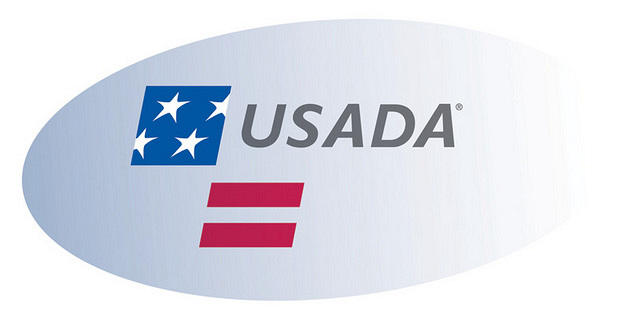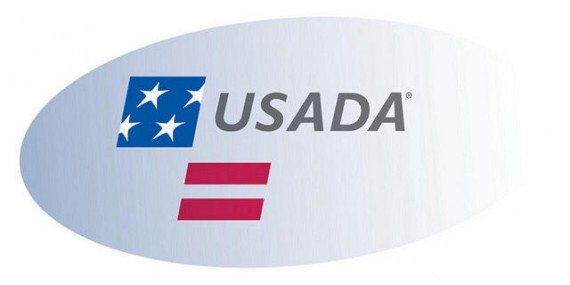
Travis Tygart, CEO of the United States Anti-Doping Agency (USADA), urged the country’s attorneys general to start suing supplement companies using consumer protection laws. Tygart made his comments at the 2009 National Association of Attorneys General (NAAG) summer conference on June 17, 2009 in Colorado Springs. Tygart wants the attorneys general to take action at the state level to further the USADA’s agenda of preventing competitive athletes from using dietary supplements that are prohibited by their respective sports and/or the World Anti-Doping Agency (WADA) (“USADA chief urges states to act on supplements,” June 19).
“If consumers could run the land, I think federal regulations would change,” Tygart said. “The political reality is that, unfortunately, we have to assume they’re not going to change. But that doesn’t deter you (states) from taking action.” […]
For the states, however, this is a relatively new issue. If they make a move, they’ll probably have to turn to consumer-protection statutes. They could also look at recovering expenses for government-paid health care costs for treatment of people who get sick from supplement use, much the way they did in lawsuits against tobacco companies.
Rick Collins and Alan Feldstein, representing the law firm Collins, McDonald and Gann, identified state attorneys general use of consumer protection laws as a potentially serious minefield facing supplement companies at the International Society of Sports Nutrition Conference (ISSN) on June 15, 2009. Sports nutrition companies who focus on products aimed at improving performance are particularly vulnerable to such state attorneys general actions.
The WADA Code of Prohibited Substances applies to far less than 1% of the general population, yet the USADA and WADA have aggressively lobbied governments around the world to modify their supplement and steroid laws to mirror the anti-doping agenda governing elite competitive athletes. As a result, hundreds of millions of consumers have been denied the freedom to choose various potentially beneficial dietary supplements and hormonal products in large part because they are banned for use by Olympic and other elite athletes. The overwhelming majority of dietary supplement consumers are NOT competitive athletes.
USADA CEO Tygart’s pressure on state attorneys general to sue supplement companies reflects his agency’s impatience with the slow pace in which the federal government is adopting new supplement legislation that reflect his agency’s prohibitionary view. Tygart apparently hopes to convince state attorneys general to exploit consumer protection laws to fight supplement companies via taxpayer-funder litigation.
Fortunately, the Colorado Attorney General John Suthers was somewhat dismissive of Tygart when he honestly admitted that few consumers ever complain about dietary supplements.
“We’re a complaint-driven organization and I have to admit, we’re not getting a high number of complaints at our office about mislabeled substances,” he said. “Whether we can muster the will to do something about it, I don’t know. But it’s a serious issue and I think we’ve got to look at it.”
Anti-doping agencies would prefer to lobby for changes in federal law and promote expensive litigation attacking the supplement industry rather than address the unfair and draconian nature of WADA’s strict liability principle.
The principle of strict liability holds athletes accountable for any positive doping result regardless of whether it was due to intentional doping or unintentional doping (e.g. contaminated supplements). The most expedient solution to this problem would be to modify the WADA code. Lobbying for changes in federal and international law and encouraging expensive and costly litigation funded by taxpayers to address the shortcomings in anti-doping enforcement is rather extreme if not absurd.

About the author
Millard writes about anabolic steroids and performance enhancing drugs and their use and impact in sport and society. He discusses the medical and non-medical uses of anabolic-androgenic steroids while advocating a harm reduction approach to steroid education.

Leave a Reply
You must be logged in to post a comment.